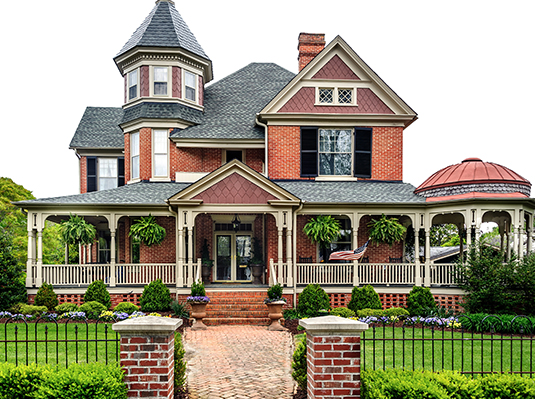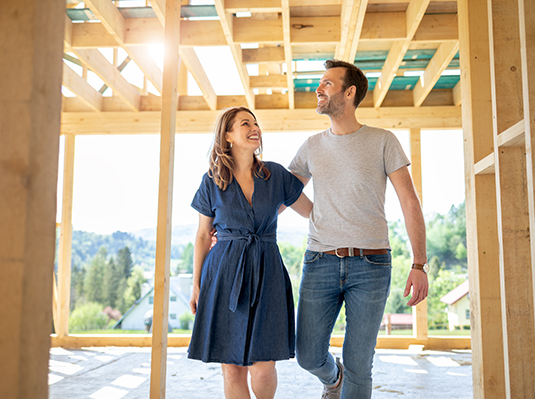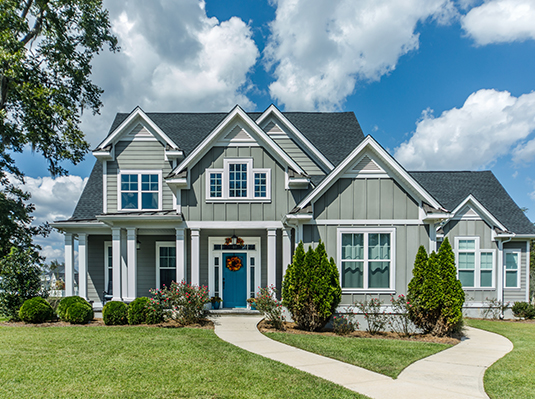
Condition of the Home
If you're considering purchasing an older home, it's important to understand the potential condition issues that may come with it. While charm and character are certainly desirable qualities, they can come at a cost. Assessing an older home's condition starts with a thorough inspection by a qualified professional, but there are some telltale signs you can look out for yourself. Check for cracking or flaking paint, water damage, foundation issues, and outdated electrical systems. It's also important to consider the age of major systems like the roof, HVAC, and plumbing. Taking the time to fully understand the condition of a home before making a purchase can save you time, money, and headaches down the line.
Renovations and Repairs
If you're moving into a new home, it's important to consider any potential renovations or repairs that need to be made before settling in. While some repairs may seem minor, they can add up and become costly over time. It's best to tackle any necessary renovations or repairs before moving in to save time and money in the long run. Some common repairs include fixing leaky faucets, replacing worn carpets, and updating outdated appliances. It's important to prioritize the repairs and renovations that need to be made and budget accordingly. By taking these necessary steps, you can ensure a smooth transition into your new home without any unexpected surprises.
Insurance Coverage
Due to their age and condition, older homes are at a higher risk of damage or loss. Thus, having the right home insurance coverage is crucial to protect your valuable investment. It's worth noting that insurance premiums for older homes tend to be higher compared to newer ones. This is because insurance carriers perceive an increased risk, as older homes may have outdated electrical, plumbing, or heating systems. If you're considering buying an older home with a historical designation, there may be restrictions on which insurance providers will take on the risk.
Maintenance
Maintaining an older home can be more challenging and expensive. Maintaining the original features and character of the home requires more resources and time. Making a maintenance schedule and budgeting for expected costs can help with its upkeep. Hiring professionals who specialize in restoring older homes can also make the process more manageable, ensuring that work is done efficiently and effectively.
Purchasing an older home can be a fantastic investment opportunity, but it is crucial to conduct thorough research and assessments before closing the deal. To prevent unexpected surprises down the road, consider key factors such as the property's condition, potential repairs and renovations, insurance coverage, historical designation, and ongoing maintenance requirements. By weighing these important considerations, you can confidently make an informed decision about investing in an older home that you can enjoy for years to come. An older home may be the perfect fit for you if you're up for the challenge!
The contents of this article are for informational purposes only. You should not act or refrain from acting based on this information without first consulting a Goosehead licensed agent at [email protected]. We disclaim all liability for actions taken or not taken by you based on the contents of this article which is provided "as is." Goosehead makes no representation that this content is error-free.


